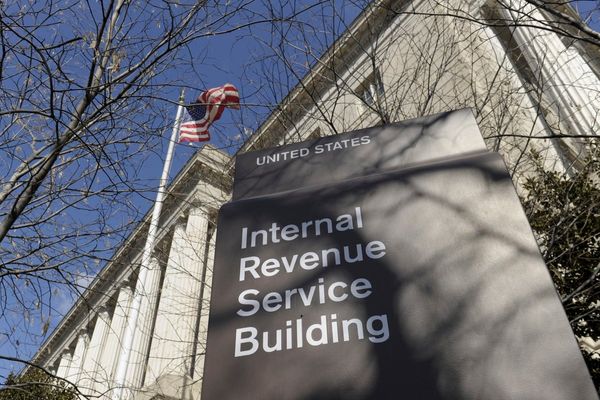Looking into the sewage may be ghoulish idea for many, but scientists of Council of Scientific & Industrial Research (CSIR)-Indian Institute of Chemical Technology (IICT) have been studying wastewater samples from the city drains in select places ever since the COVID pandemic broke out and over the last couple of years have made wastewater surveillance into a reliable scientific tool to assess disease prevalence in the population.
Chief scientist S. Venkata Mohan and his team has now become part of the Department of Biotechnology (DBT)-funded nationwide project in the framework of ‘INSACOG - Indian SARS-CoV-2 Genomics Consortium’ which is also looking into new variations from wastewater. "This is going to be a year-long project in which 11 national labs/institutes are participating. We have been tasked with collecting wastewater samples from Hyderabad," explained the environment bioengineer, who was working on wastewater treatment, before he waded into disease surveillance during COVID.
He explains how it happened. "We read a report in the 'Lancet' publication about detection of genetic material of COVID in the sewage and this set our research team to scour for material to know more about this so that it can be tried in our country too. Sufficient data or methodology was not available then to take up the project to a scale where the disease prevalence could be established among the people. We are also used to working with bacteria and the virus was a new thing," he said.
Senior scientist Rakesh Mishra, then heading Centre for Cellular and Molecular Biology (CCMB), suggested collaboration as they had a full-fledged virus lab, when the IICT in association with the CSIR-Centre for Cellular & Molecular Biology (CCMB) took up wastewater surveillance project. Initially, samples were taken in hospitals with much difficulty as the pandemic was raging and then moved to the Sewage Treatment Plants (STP) with the permission of the state government.
A sample a week was collected for four weeks from seven major STPs and a gated residential community at the final discharge points where the virus was detected. "The virus will survive for 21 days after being ejected through stools. We have developed a methodology where we can extrapolate the extent of population affected and specific areas. We had then found that around 6% of the city’s population was shedding the virus in their faeces, and this almost matched the official figures in our study from July 2020-August 2021. We could detect a rise in cases during the Delta wave though we did not know the variant then," said the scientist, in an exclusive interaction.
The team did a similar project for the Andhra Pradesh Government at the STPs of Visakhapatnam, Vijayawada, Kurnool, Rajahmundry, Narasaraopeta, Pulivendula, Tadipatri and Puttaparthi. Initially, the team took precautions like wearing PPE kits for collecting samples also. "The virus is mostly not 'live' in drains and cannot survive post treatment so we take the samples from the inlet points of the STPs. Best time is 5 a.m. to 9 a.m. We can come out with results within 12 hours," he said.
Their study was quoted by the World Health Organisation (WHO) and was published in reputed journals with the team acknowledged for being among the few groups to have established a clear-cut methodology for wastewater surveillance.
"We are in a position to forecast a possible spike in cases a few days in advance which can serve as an early warning system. If we get early signals from the waste water samples, we can effectively manage any infection by zoning based on the infection rates so that the entire community need not be put under duress. In Europe, some governments are following this diligently and once something amiss is noticed in the wastewater, the sample size is increased and reported to the higher authorities. Perhaps, it is time we had a policy like that here too since it is inexpensive and non-intrusive," added Prof. Venkata Mohan.







